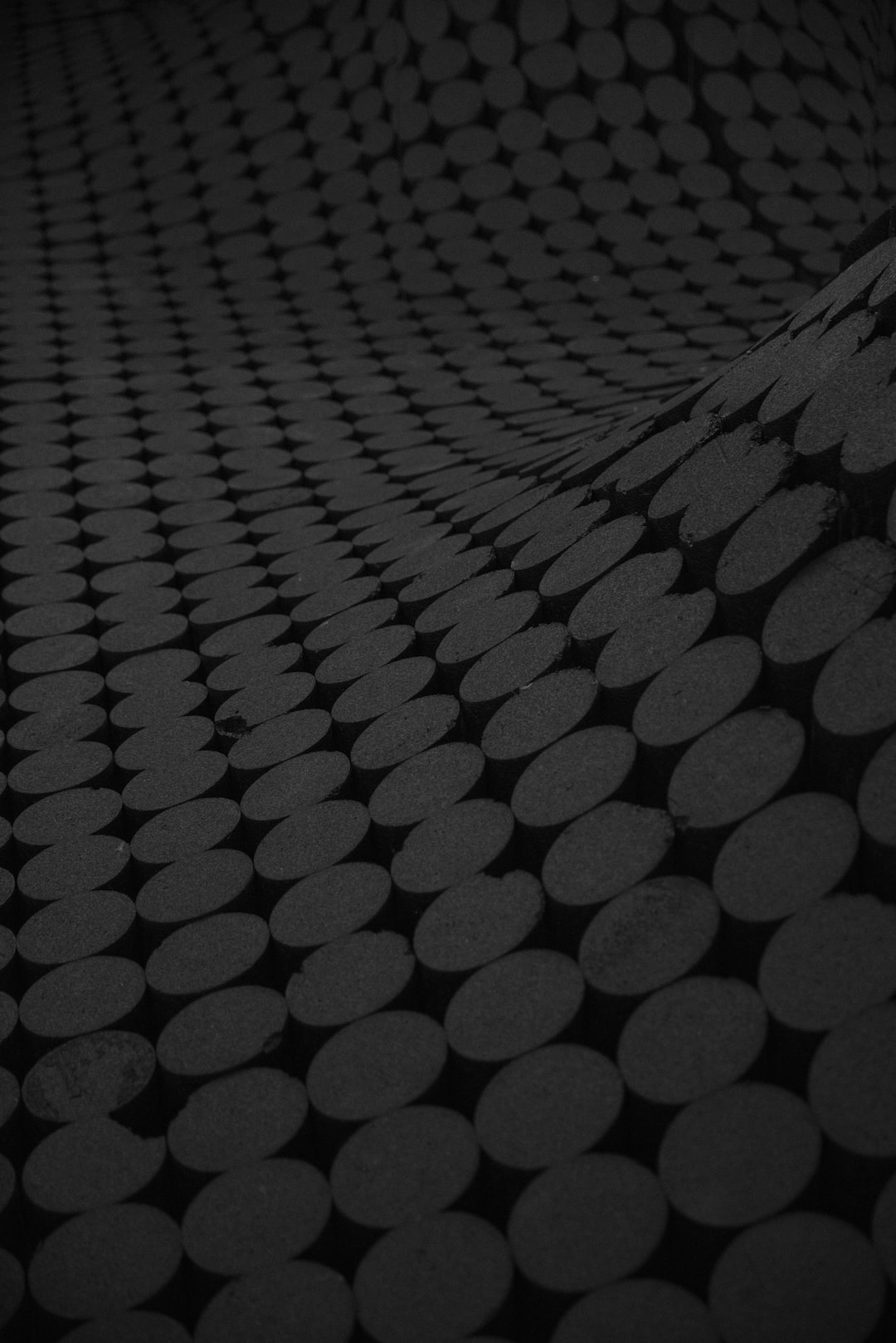Unleashing Creativity: Designing Inspiring Workspaces
Creativity is an essential component of success in today’s ever-evolving business landscape. As companies strive to stay ahead of the competition, cultivating a creative workforce has become a top priority. One way to foster and unleash the potential of creativity is through thoughtful and inspiring workspace design.
Gone are the days of monotonous cubicles and lifeless office spaces. Today, companies understand the importance of designing work environments that stimulate and nurture creativity. Research has shown a significant correlation between the physical workspace and employee productivity and happiness. When employees are provided with an inspiring workspace, they are more likely to feel motivated, engaged, and fully tap into their creative potential.
So, what are some key elements to consider when designing an inspiring workspace?
First and foremost, a well-designed workspace should provide ample natural light. Natural light has been proven to enhance mood, increase productivity, and boost creativity. Dark and poorly lit spaces can have a detrimental effect on employees, leading to feelings of fatigue and decreased motivation. Incorporating large windows, skylights, and open spaces that allow natural light to flow in can transform a mundane office into an inspiring space that energizes and uplifts employees.
Another important element is the incorporation of vibrant colors. Colors have a profound impact on our emotions and can influence our productivity and creativity levels. While neutral colors such as white, beige, and gray can create a clean and professional atmosphere, incorporating pops of vibrant colors like red, blue, or green can stimulate creativity and heighten motivation. Creating an environment that is visually stimulating will inspire employees to think outside the box and come up with innovative solutions.
In addition to color, the layout of the workspace also plays a crucial role in enhancing creativity. Open and collaborative spaces encourage communication, idea-sharing, and collaboration among employees. By removing physical barriers and incorporating shared workspaces, breakout zones, and communal areas, companies can create an environment that fosters creativity and teamwork. Employees are more likely to interact and bounce ideas off each other in an open and welcoming space, leading to the generation of new and innovative concepts.
Beyond the physical elements, incorporating natural elements into the workspace can also inspire creativity. Plants and greenery can have a calming effect and improve air quality. Studies have shown that having plants in the office can increase productivity by up to 15%. Additionally, nature-inspired artwork or murals can serve as a source of inspiration, evoking feelings of tranquility and enhancing creativity.
Lastly, a well-designed workspace should also provide areas for relaxation and downtime. Allowing employees to take breaks and recharge is vital for maintaining high levels of creativity. Incorporating comfortable seating areas, game rooms, or even wellness rooms where employees can meditate or practice yoga can boost productivity and overall well-being. By providing designated spaces for relaxation and rejuvenation, companies show their commitment to the holistic well-being of their employees and encourage a healthy work-life balance.
In conclusion, designing an inspiring workspace is crucial to unleashing creativity and fostering innovation. By incorporating elements such as natural light, vibrant colors, open layouts, and greenery, companies can create an environment that inspires and energizes employees. Additionally, providing areas for relaxation and downtime acknowledges the importance of work-life balance and promotes the overall well-being of employees. Investing in a well-designed workspace is not only a strategic business move but also a testament to a company’s commitment to nurturing and valuing its employees’ creative potential.

